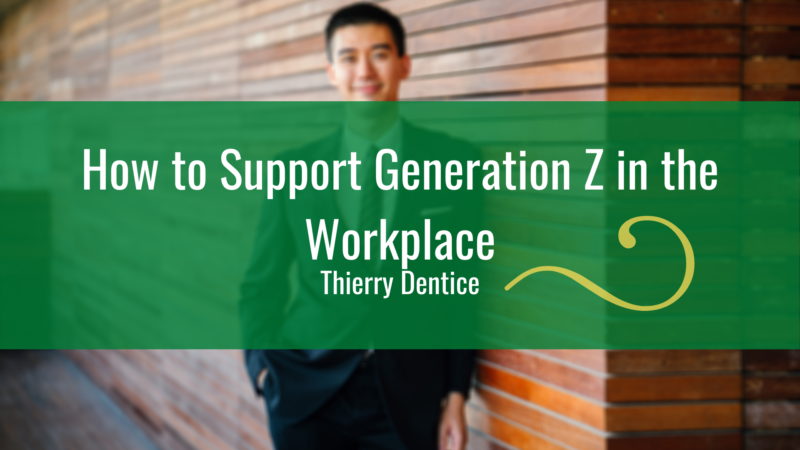The COVID-19 pandemic has affected everyone in the workforce, but Generation Z may be getting hit the hardest right now. They may not be in the most danger of dying from COVID, but their lives are being disrupted at the worst possible time. The younger members of Generation Z have had their educations disrupted, and the older members have had to enter a workforce that is unlike anything we’ve seen before if they can find employment in the first place. Things will be hard for them, and it’s up to you as an employer to support them during this trying time.
Focusing on Skill Development
Since young people’s training and education have been so thoroughly disrupted by the pandemic, employers will need to focus more on on-the-job training for their Gen-Z employees. This may not seem like a big change, but it will involve being patient with your youngest hires and prioritizing intergenerational mentoring in the workplace. It might also mean extending orientation periods across the first year of employment to make up for the training and education a new hire might not receive thanks to COVID.
Stress Management
Generation Z has reported higher levels of anxiety and depression over the last several years, and that only stands to get worse during the pandemic. Unfortunately, not many employers have put measures into place to address the effects of stress on their employees. That will have to change as younger people enter the workforce. This can include support groups for those who are just starting out in their careers and coaching interventions to boost their confidence. Being a new hire is hard enough, but it will be even harder for those who feel the pressure to succeed despite not being able to receive the training and education they need.
Emotional Intelligence and Understanding
Thanks to everything that has been happening this year, Generation Z might be more vigilant to the emotions of others in the workplace. This needs to be taken into consideration by their employers and older coworkers. There is an unfortunate tendency to belittle and underestimate younger generations and how they perceive the world, but they are the future of your workforce, so respect their emotional intelligence and understand they are just as capable as anyone else even if they will need to go about things differently than you did.
